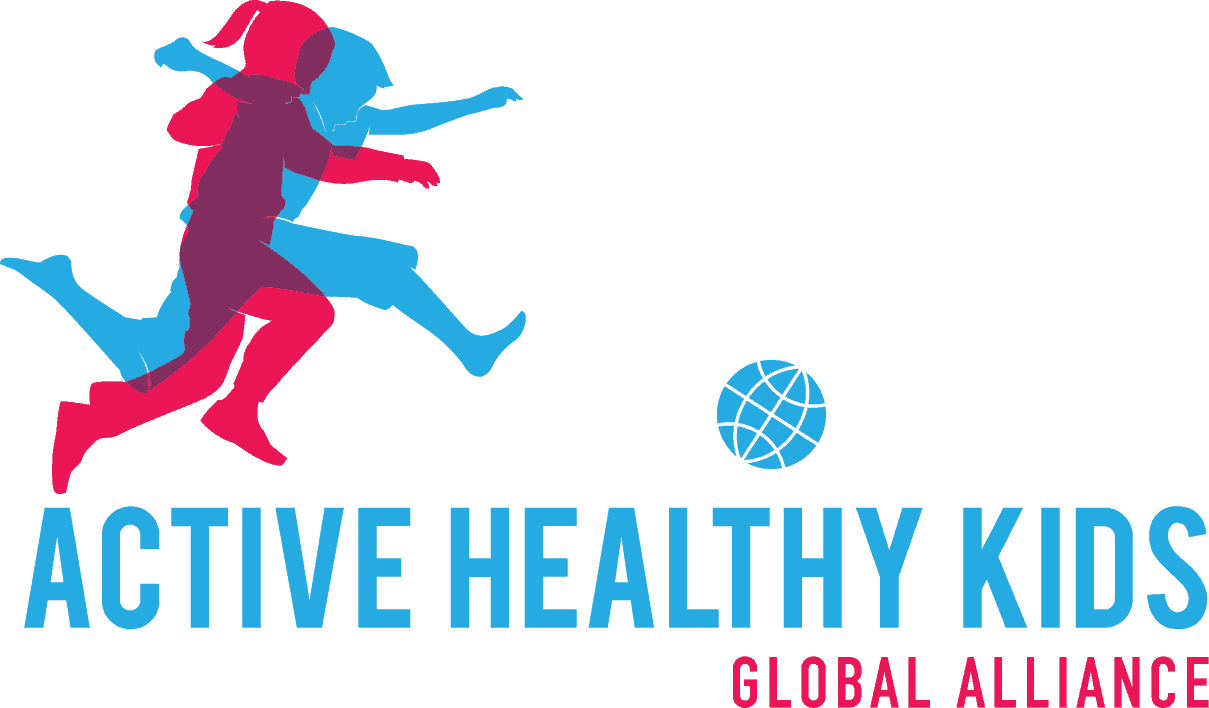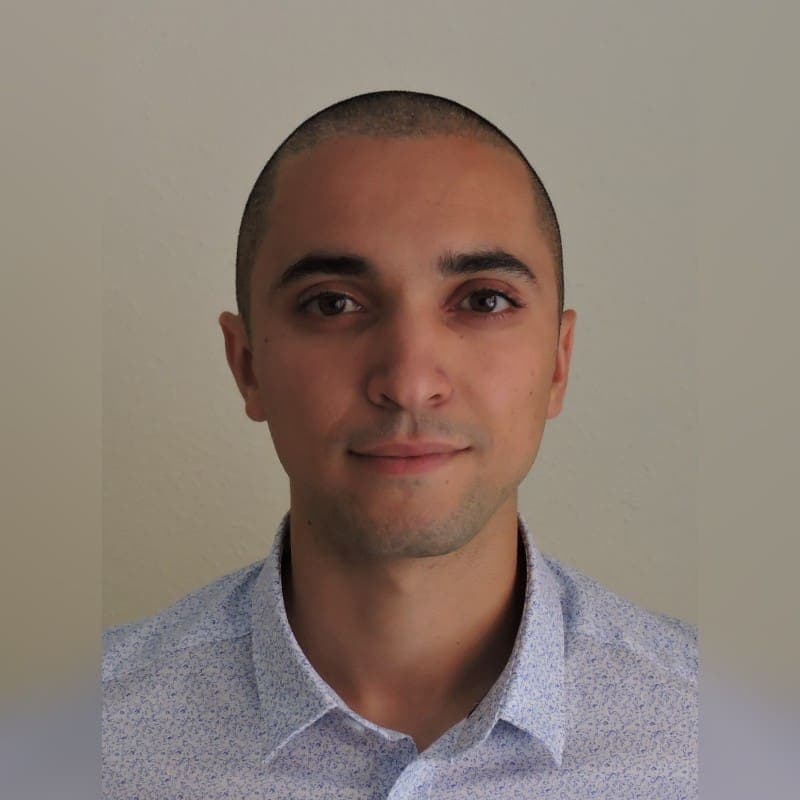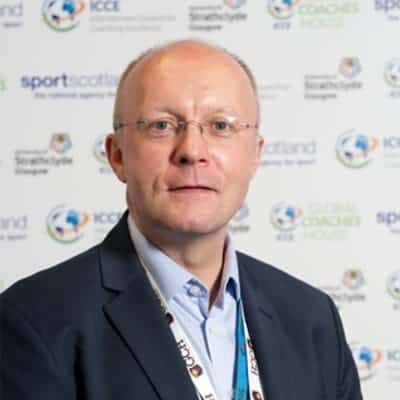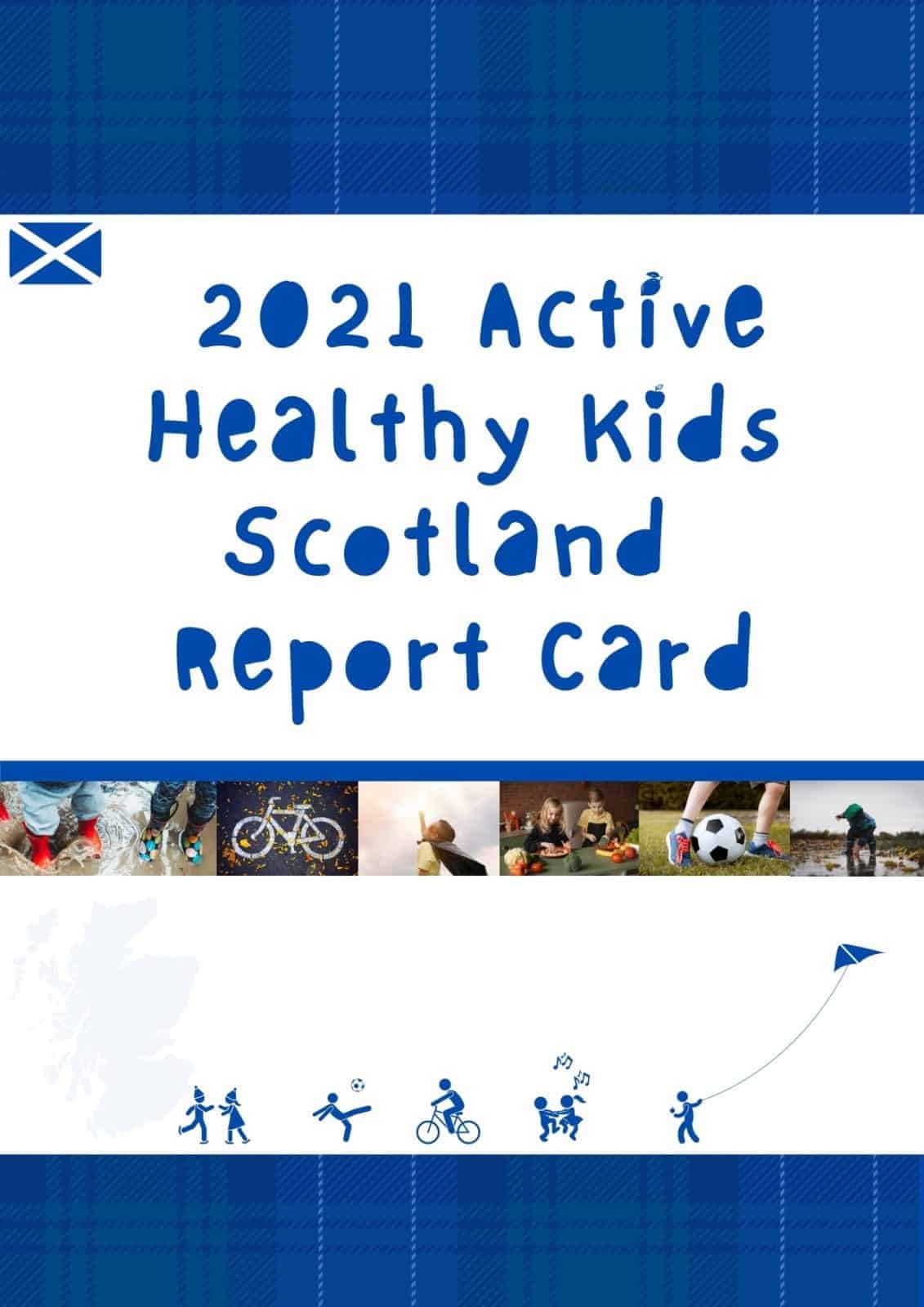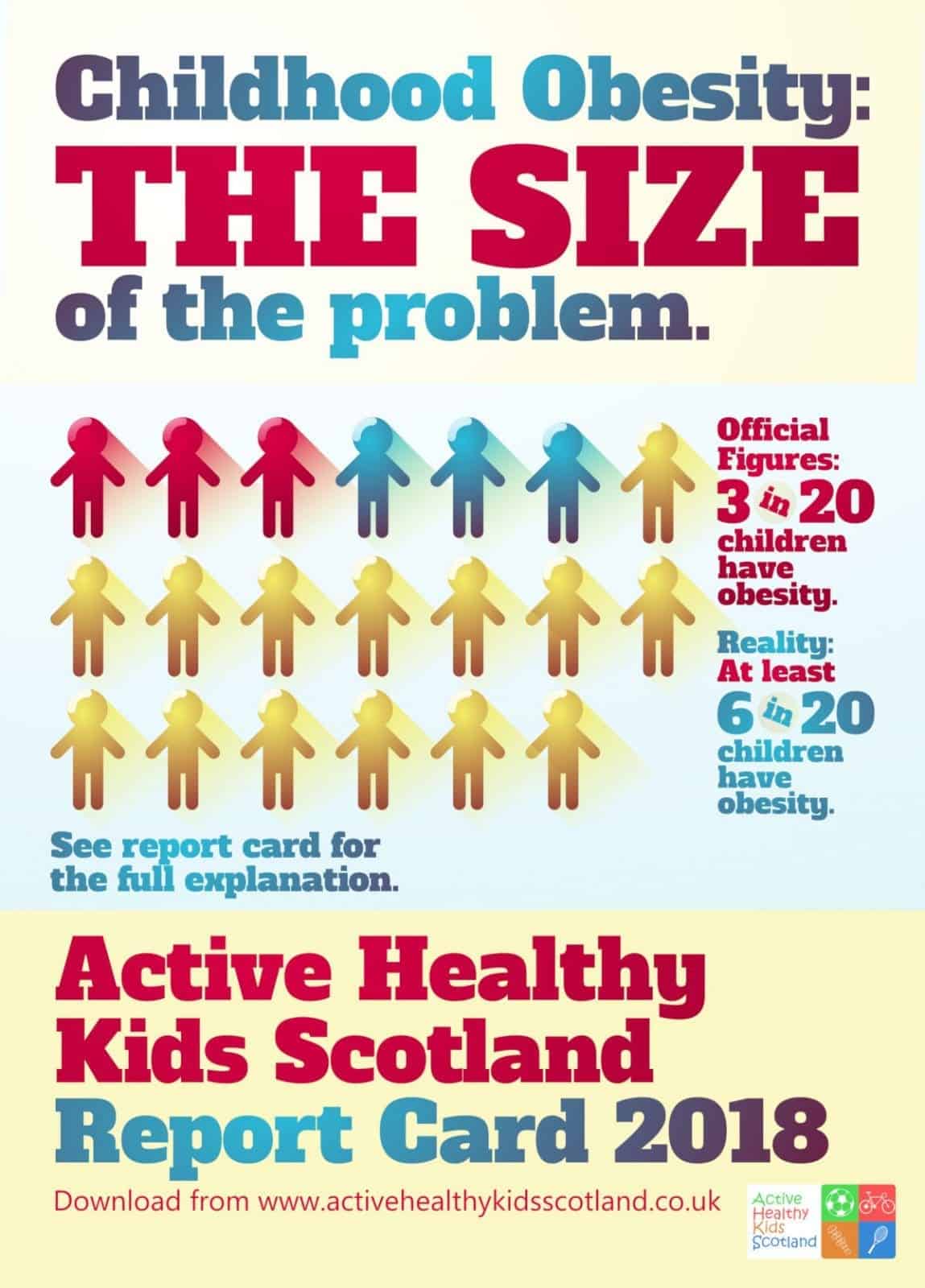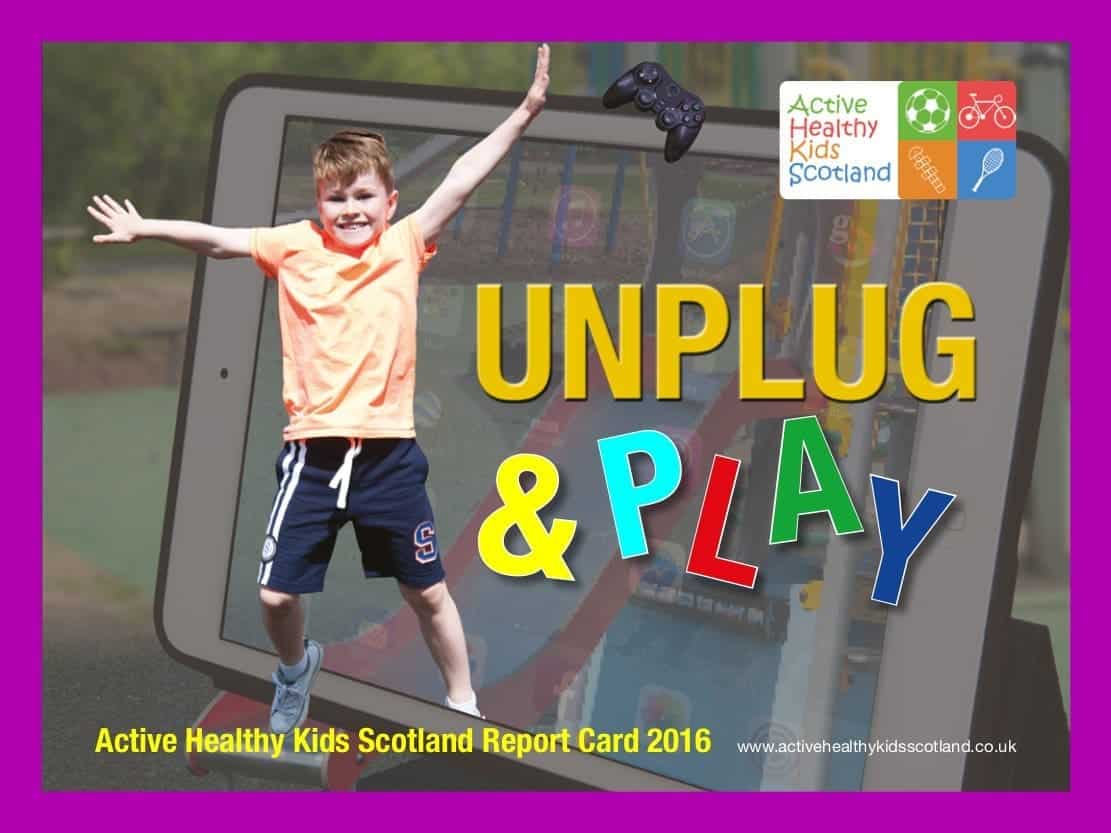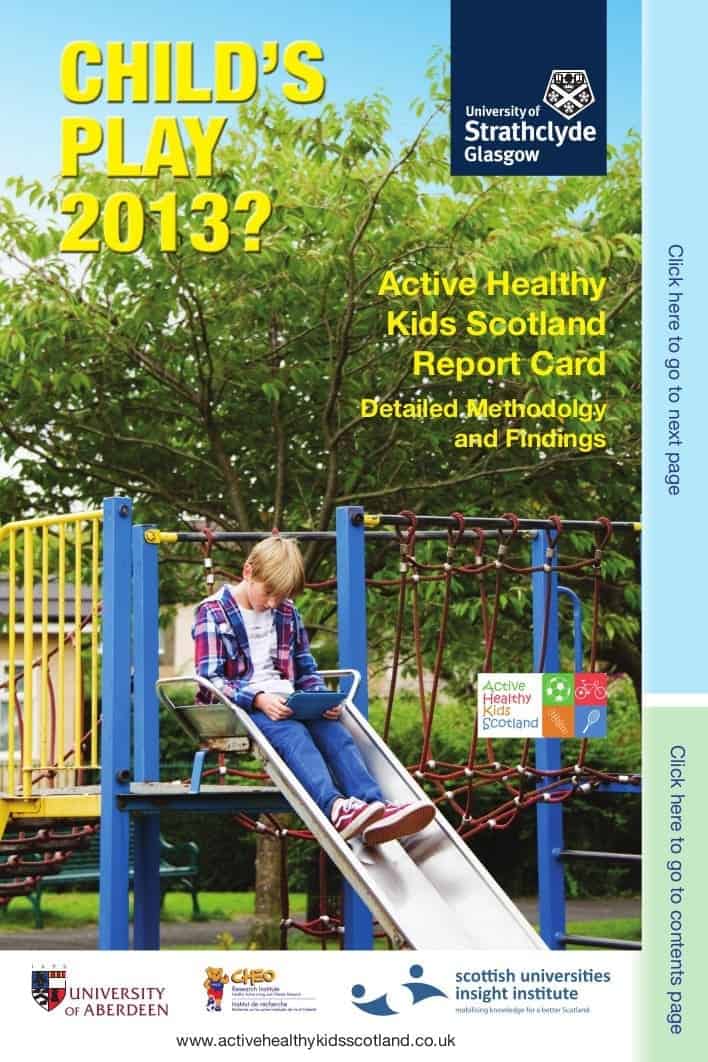
-
The Global Matrix 5.0
-
The Global Matrix 4.0
-
The Global Matrix 3.0
-
The Global Matrix 2.0
-
The Global Matrix 1.0

Report Card Leaders
Farid Bardid, PH.D.
Farid Bardid (BEd, MSc, PhD) is Assistant Professor (Lecturer) of Health and Wellbeing at the University of Strathclyde, Glasgow, Scotland. He was previously involved in the Active Healthy Kids Scotland Report Card in 2018. His research focuses on health, movement behaviours and movement skills in children and adolescents with a focus on learning and development. This includes work on assessment and monitoring, individual and environmental factors (psychosocial and cognitive aspects), and design and delivery of interventions. He has published over 25 peer-reviewed papers across a range of international journals (e.g., Journal of Science and Medicine in Sport, Frontiers in Psychology, and Sports Medicine), with a field-weighted citation impact of 1.96 and h-index of 10 in Scopus (December 2020). He is also a member of the International Motor Development Research Consortium (I-MDRC) and the North American Society of Psychology for Sport and Physical Activity (NASPSPA). As part of a working group of the I-MDRC, he has led a review paper on methods for assessing movement skills in children and adolescents published in Journal of Science and Medicine in Sport (2019). He has also contributed to projects such as ToyBox Scotland (2016-2019) and Skill Acquisition Methods fostering Physical Literacy in Early Physical Education (SAMPE-PE; 2017-2020).
John Reilly, PH.D.
John Reilly (BSc, PhD) is Professor of Physical Activity and Public Health Science at the University of Strathclyde, Glasgow, Scotland. He was previously Professor of Paediatric Energy Metabolism at the University of Glasgow. He led the Active Healthy Kids Scotland Report Cards in 2013, 2016, and 2018. He is a member of the AHKGA Board, with responsibility for external partnerships and European Report Cards. His research includes work on childhood obesity globally (prevalence, surveillance, aetiology, prevention, treatment); public health surveillance of physical activity and sedentary behaviour in children and adolescents globally; physical activity, obesity, and academic attainment. He has published over 340 peer-reviewed papers with a career average field-weighted citation impact of 2.90, h-index (September 2020) of 65 in Scopus and 83 in Google Scholar. He is a founder member and Executive Member of the SUNRISE International Surveillance Study of Movement Behaviours in the Early Years (2017-present). His Knowledge Exchange work includes multiple contributions to WHO guidelines and strategies, e.g. the WHO Ending Childhood Obesity Report (ECHO, 2014-2016), Healthy Life Trajectories Initiative (HeLTI, 2016-2017), and the WHO 2019 Guidelines on Physical Activity, Sedentary Behaviour, and Sleep in the Under 5s. He has also contributed to many national physical activity and movement behaviour guidelines: chaired the UK Health Departments Physical Activity Guidelines for the Under 5s (2017-2019); member of Guideline Development Groups for 24-hour Movement Behaviours in Canada (2016-2019) and South Africa (2017-2018).
Report Card Grades
- Overall Physical Activity: INC
- Organized Sport and Physical Activity: B-
- Active Play: INC
- Active Transportation: C-
- Sedentary Behavior: F
- Physical Fitness: INC
- Family and Peers: D-
- School: INC
- Community and Environment: B-
- Government: C*
Report Card Leaders
John Reilly, Ph.D.
John Reilly (BSc, PhD) is Professor of Physical Activity and Public Health Science at the University of Strathclyde, Glasgow, Scotland. He was previously Professor of Paediatric Energy Metabolism at the University of Glasgow. He led the Active Healthy Kids Scotland Report Cards in 2013, 2016, and 2018. He is a member of the AHKGA Board, with responsibility for external partnerships and European Report Cards. His research includes work on childhood obesity globally (prevalence, surveillance, aetiology, prevention, treatment); public health surveillance of physical activity and sedentary behaviour in children and adolescents globally; physical activity, obesity, and academic attainment. He has published over 340 peer-reviewed papers with a career average field-weighted citation impact of 2.90, h-index (September 2020) of 65 in Scopus and 83 in Google Scholar. He is a founder member and Executive Member of the SUNRISE International Surveillance Study of Movement Behaviours in the Early Years (2017-present). His Knowledge Exchange work includes multiple contributions to WHO guidelines and strategies, e.g. the WHO Ending Childhood Obesity Report (ECHO, 2014-2016), Healthy Life Trajectories Initiative (HeLTI, 2016-2017), and the WHO 2019 Guidelines on Physical Activity, Sedentary Behaviour, and Sleep in the Under 5s. He has also contributed to many national physical activity and movement behaviour guidelines: chaired the UK Health Departments Physical Activity Guidelines for the Under 5s (2017-2019); member of Guideline Development Groups for 24-hour Movement Behaviours in Canada (2016-2019) and South Africa (2017-2018).
Farid Bardid, Ph.D.
Farid Bardid (BEd, MSc, PhD) is Assistant Professor (Lecturer) of Health and Wellbeing at the University of Strathclyde, Glasgow, Scotland. He was previously involved in the Active Healthy Kids Scotland Report Card in 2018. His research focuses on health, movement behaviours and movement skills in children and adolescents with a focus on learning and development. This includes work on assessment and monitoring, individual and environmental factors (psychosocial and cognitive aspects), and design and delivery of interventions. He has published over 25 peer-reviewed papers across a range of international journals (e.g., Journal of Science and Medicine in Sport, Frontiers in Psychology, and Sports Medicine), with a field-weighted citation impact of 1.96 and h-index of 10 in Scopus (December 2020). He is also a member of the International Motor Development Research Consortium (I-MDRC) and the North American Society of Psychology for Sport and Physical Activity (NASPSPA). As part of a working group of the I-MDRC, he has led a review paper on methods for assessing movement skills in children and adolescents published in Journal of Science and Medicine in Sport (2019). He has also contributed to projects such as ToyBox Scotland (2016-2019) and Skill Acquisition Methods fostering Physical Literacy in Early Physical Education (SAMPE-PE; 2017-2020).
Report Card Grades
- Overall Physical Activity: F
- Organized Sport and Physical Activity: B
- Active Play: INC
- Active Transportation: C
- Sedentary Behavior: F
- Physical Fitness: INC
- Family and Peers: INC
- School: INC
- Community and Environment: B-
- Government: C
Related Links
Report Card Leaders
John Reilly, Ph.D.
John Reilly (BSc, PhD) is Professor of Physical Activity and Public Health at the University of Strathclyde, Scotland. His research focuses on: physical activity and sedentary behaviour in obesity/NCD aetiology, prevention, and treatment ; public health surveillance of physical activity , sedentary behaviour, and obesity; physical activity and academic attainment; the ‘physical activity transition’ in children. He is Chair of the UK Physical Activity Guidelines Development Group for the Under 5s 2017-2019, and is currently active on two WHO committees. He has published nearly 300 peer-reviewed papers and has an h index of 53 (Web of Science, June 2017) and 74 (Google Scholar, October 2018).
Testimonial
"I have been involved with the Global Matrix since it began in 2014. We have come a very long way in a short time- the growth in both the number of countries and the range of countries we now have in the matrix (in terms of the wide range of culture, stages of economic development, and geography) is impressive, and shows that our ambition of creating a global movement back in 2014 has been realised. This wide range of circumstances in which children grow up across the globe means that the global matrix provides unique evidence on what is effectively a vast natural experiment in physical activity and health of children and youth. I am convinced that lessons learned from the natural experiment can be put to good use in increasing physical activity levels and decreasing levels of sedentary behaviour across the globe." - John Reilly, Ph.D. and Adrienne Hughes, Ph.D.
Conference Abstract: Movement to Move
Results from Scotland’s 2018 Report Card on Physical Activity for Children and Youth
Adrienne R Hughes1, Avril Johnstone1, Farid Bardid2,3, John J Reilly1
1Physical Activity for Health Group, School of Psychological Sciences and Health, University of Strathclyde, Glasgow, UK; 2School of Education, University of Strathclyde, Glasgow, UK; 3Department of Movement and Sports Sciences, Ghent University, Ghent, Belgium
Introduction: Only a small minority of Scottish children and adolescents meet the recommended amount of daily moderate-to-vigorous intensity physical activity (MVPA). Scotland’s 2018 Report Card aimed to (a) provide an updated ‘state of the nation’ for child and adolescent physical activity and health and (b) highlight major gaps in surveillance of physical activity.
Methods: Data sources were used for grading if they had been derived from recent (i.e. from 2014 onwards) nationally representative surveys, and if methods of measurement had small or negligible bias. The main data sources used for grading were the Health Behaviours in School-Age Children survey (HBSC) 2014, the Scottish Health Survey (SHeS) 2016, Hands Up Scotland (HUS) 2016, Transport & Travel in Scotland (TATIS) 2016 and the Scottish Household Survey (SHS) 2016. We graded the 10 core physical activity indicators included in the Global Matrix 3.0, plus two additional indicators (obesity and diet, grades not shown here). The grades were reviewed by key stakeholders from national organisations.
Results:The grades and the rationale for each grade are shown in Table 1.
Table1. Grades and Summary Rationale from Scotland’s 2018 Report Card
| Indicator | Grade | Rationale |
| Overall Physical Activity | F | This grade has been carried forward from the 2016 Scottish report card because no data source since the previous card has measured this indicator according to the Global Matrix 3.0 benchmark. 18% of 11-15 year olds achieved ?60mins of MVPA/day on all 7 days (HBSC, 2014). Another data source (McCrorie et al, 2018) found that 11% of 10-11 year olds achieved ?60 mins of MVPA/day on each day of wear using Actigraph, supporting the F grade |
| Organized Sport & Physical Activity | B | 73% of 5-15 year olds reported as participating in organised sport and physical activity in the past week (SHeS, 2016) |
| Active Play | INC | No data source measured or reported this indicator according to the Global Matrix 3.0 benchmark |
| Active Transportation | C | Data sources only measured active commuting to/from school. 51-52% of school age children and adolescents in Scotland actively commuted to school (HUS 2016; TATIS 2016) |
| Sedentary Behaviours | F | This grade has been carried forward from the 2016 Scottish report card because no data source since the previous card has reported this indicator according to the Global Matrix 3.0 benchmark. 64% (weekdays) and 79% (weekend days) of 11-15 year olds reported spending > 2 hrs/d in TV viewing (HBSC 2014). On weekdays, 65% of boys (78% weekend) and 46% of girls (57% weekend) played screen-based electronic games for > 2 hrs/day, and 66% of girls (74% weekend) and 60% of boys (68% weekend) used computers for purposes other than games for >2hrs/d (HBSC 2014). Combining the proportion of youth exceeding 2hrs/d for each form of screen time (i.e. TV viewing, gaming, other computer use) justifies the F grade |
| Family and Peers | INC | No data sources fitted the Global Matrix 3.0 benchmark for this indicator. |
| School | INC | No eligible data sources available. |
| Community and Environment | B- | 92% of households with children aged 6-12 years had access to at least one play area within their neighbourhood (SHS, 2016). 66% of households felt that it was safe for children to go to a playground in their neighbourhood with 2 or 3 friends (61% to a park, 62% to field/other open space, 57% for streets around the home). 59% of households felt that it was safe for children to walk/cycle on their own to a playground in their neighborhood (55% to a park, 57% to a field/other open space, 56% for streets around the home). This indicator was graded as B-, although access is high (A grade), safety is lower and varies by play area and whether child is alone (C+ grade) or with friends (B- grade). |
| Government | C | There was clear evidence of leadership and commitment to providing physical activity opportunities for children and youth, though policy is overly focused on girls and adolescents. There was only limited allocation of funds and resources for implementation of policy. Only limited progress through the key stages of public policymaking (policy agenda; policy formation; policy implementation; policy evaluation; decisions about the future) had been demonstrated, with policy efforts stalling at implementation and evaluation |
| Physical Fitness | INC | There are no nationally representative data on physical fitness in children or adolescents. |
Report Card Grades
- Overall Physical Activity: F
- Organized Sport Participation: INC
- Active Play: INC
- Active Transportation: C
- Sedentary Behaviors: F
- Family and Peers: D-
- School:
- Community and Built Environment: B
- Government Strategies and Investments: B
Related Links
Recommendations
- Promote Play.
- Evaluate implementation and effect of our national policies.
- Address sedentary behaviour in policy.
- Improved surveillance by monitoring the indicators not being surveyed at present (e.g. active and outdoor play, sports participation, sitting).
- Improved surveillance by improving the measures we use (e.g. replace our inadequate surveillance of child physical activity with accelerometry).
Report Card Leader
John Reilly, Ph.D.
John Reilly (BSc, PhD) is Professor of Physical Activity and Public Health at the University of Strathclyde, Scotland. His research focuses on: physical activity and sedentary behaviour in obesity/NCD aetiology, prevention, and treatment ; public health surveillance of physical activity , sedentary behaviour, and obesity; physical activity and academic attainment; the ‘physical activity transition’ in children. He is editor of Pediatric Obesity, and is currently active on two WHO committees. He has over 230 peer-reviewed papers, and an h-index of 42.
Testimonial
"The global matrix should have substantial impact in Scotland — the grades from Scottish children and adolescents did not compare favourably with the rest of the world, attracting a great deal of publicity. Seeing our position relative to other nations has provided impetus to do better in future physical activity and health policy. The launch of the global matrix provided an important insight into why physical activity levels are so low in Scottish children and adolescents. The comparative approach to physical activity in the global matrix revealed that “we have built it but they have not come”: having good policy and physical environments for child physical activity is insufficient to create active healthy children. Challenge." - John Reilly, Ph.D.
Conference Abstract: 6th International Congress on Physical Activity and Public Health
Results from the Scottish 2016 Report Card on Physical Activity for Children and Youth
Reilly JJ, Johnstone A, McNeill G, Hughes AR
Background: The Active Healthy Kids Scotland Report Card 2016 provides a critical update on the “state of the nation” for Physical Activity and Health in Scottish children and adolescents. This paper aims to summarize the results of the Scottish 2016 Report Card. Methods: Ten indicators were graded by a committee of experts: evidence was used to inform the grades so long as it was recent, representative, and had no or minimal bias. Results: Three Health Behaviors and Outcomes received F or F- grades (Overall Physical Activity; Sedentary Behavior; Obesity); two indicators could not be graded (Active and Outdoor Play; Organised Sport Participation). Active Commuting to School was graded C, and Diet D-. For the three indicators of Influences on Health Behaviors, Family and Peer Influence was graded as D-, but Perceived Safety and Availability of Space for Physical Activity, and the National Policy Environment were more favorable (both graded B). Conclusions: All grades were identical to those in the Scottish Report Card 2013. Scotland generally received good grades for factors influencing physical activity and health, but poor grades for physical activity and health behaviors and outcomes (e.g., Overall Physical Activity, Sedentary Behavior).
Report Card Grades
- Overall Physical Activity: F
- Organized Sport Participation: INC
- Active Play: INC
- Active Transportation: C
- Sedentary Behaviors: F
- Family and Peers: D-
- School:
- Community and Built Environment: B
- Government Strategies and Investments: B
Related Links
Report Card Leader
John Reilly, Ph.D.
John Reilly (BSc, PhD) is Professor of Physical Activity and Public Health at the University of Strathclyde, Scotland. His research focuses on: physical activity and sedentary behaviour in obesity/NCD aetiology, prevention, and treatment ; public health surveillance of physical activity , sedentary behaviour, and obesity; physical activity and academic attainment; the ‘physical activity transition’ in children. He is editor of Pediatric Obesity, and is currently active on two WHO committees. He has over 230 peer-reviewed papers, and an h-index of 42.
